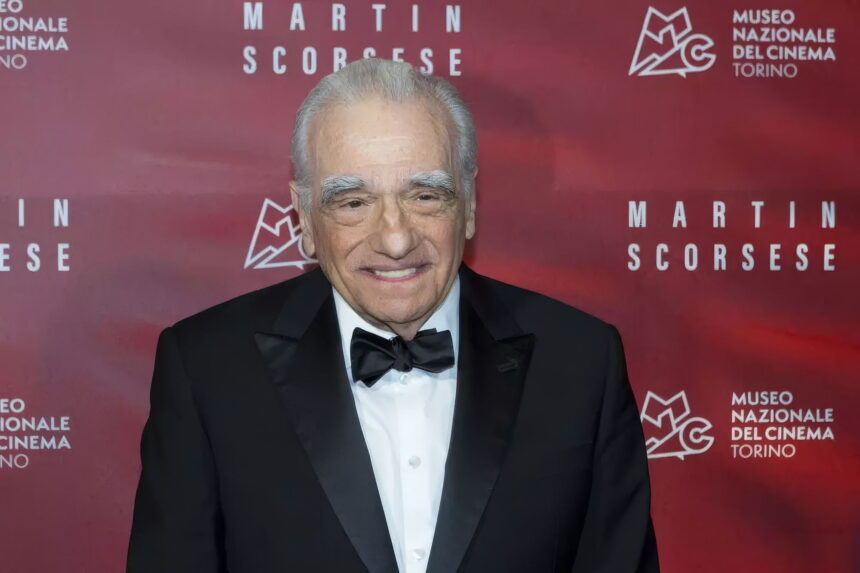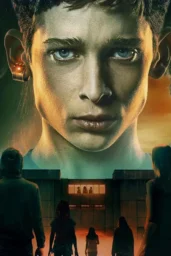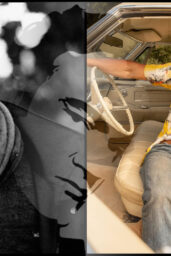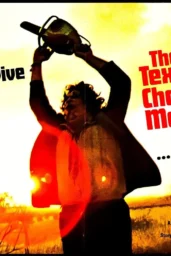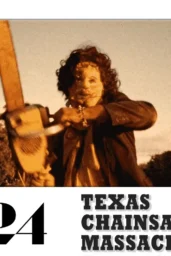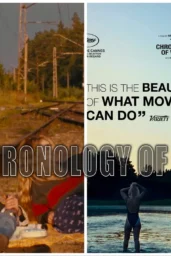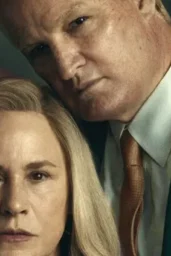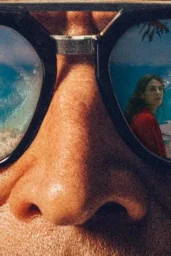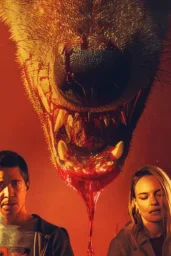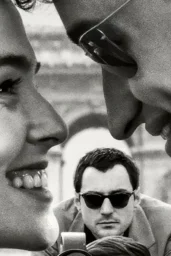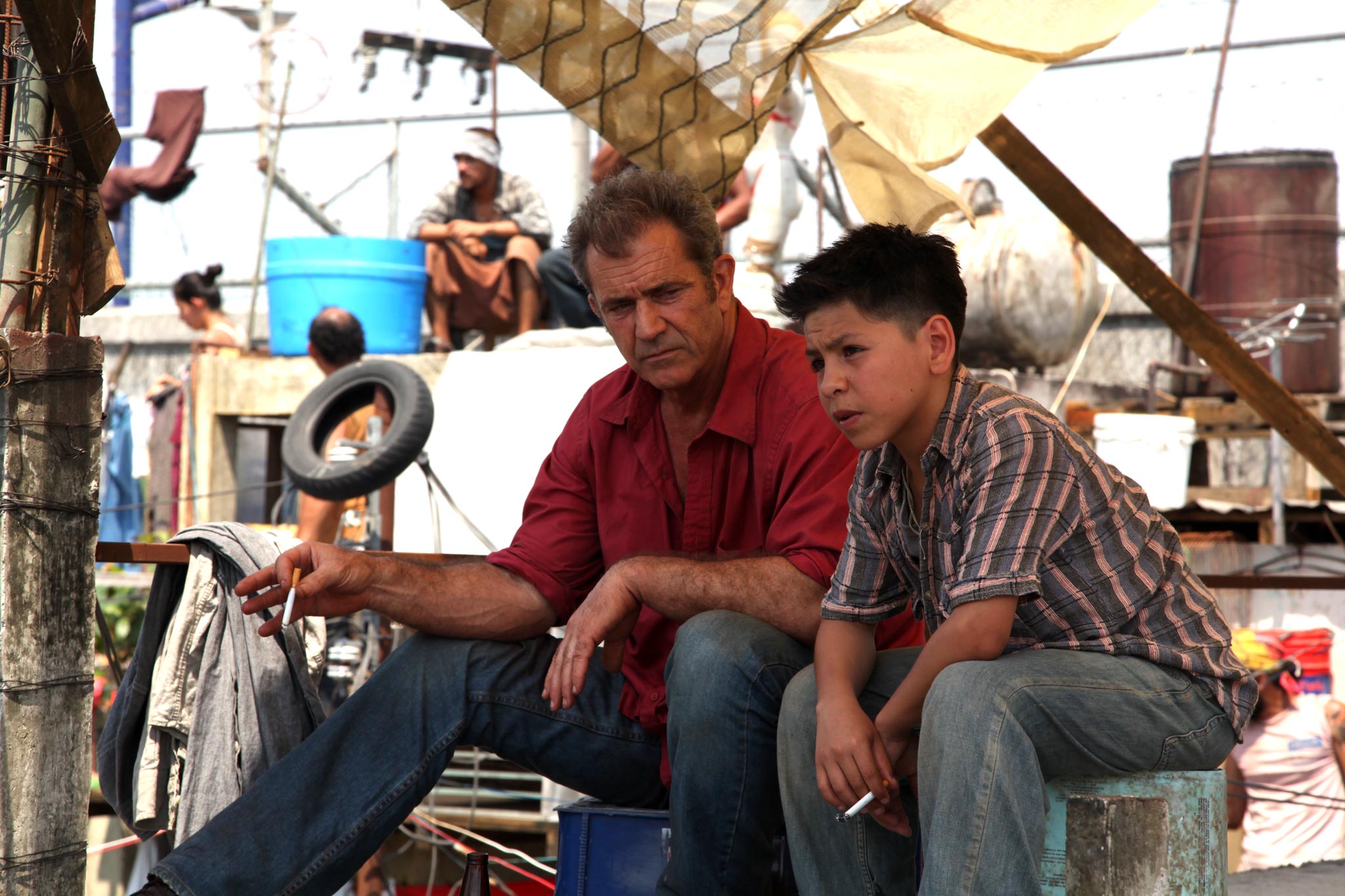The camera's not even rolling yet, but Martin Scorsese is already making noise—and not in the way you'd expect. No De Niro. No DiCaprio. No lush studio backing. Just 80 minutes, black and white, independently financed, and more silence than sermon.
The Life of Jesus isn't a comeback. It's a distillation. And if the words he shared at the Taormina Film Festival are any clue, this could be his most daring work in decades. Not for its scale—quite the opposite—but for what he's willing to let go of: certainty, narrative, even time.
“It's kind of a film,” Scorsese said. “But it wouldn't be a straight narrative, it wouldn't be a documentary, it'd be a combination of things.”
That combination, by the way, includes Endō's 1973 book (almost certainly A Life of Jesus), modern-day settings, and a deep refusal to preach. In Scorsese's words: he's trying to explore Jesus' “core teachings… but it doesn't proselytize.” Think less Mel Gibson, more Pasolini—but with an iPhone in frame and the sound turned low.
A film that sounds like a prayer (or maybe a question)
There's no release date yet. No casting. No trailer. And that's the point. At 81, Scorsese's taking his time—not as a luxury, but as an act of reverence. “It takes time because I like that a work of this type is something that requires many years of study and research,” he said in Sicily, where he's receiving a lifetime achievement award from the Taormina Film Festival.
We've heard echoes of this project before. In the early '70s, Scorsese wanted to shoot a Jesus film on 16mm, in black and white. He shelved it after watching Pasolini's The Gospel According to St. Matthew—too definitive, too powerful. Now, five decades and a dozen spiritual crises later, he's circling back.
What's changed? Not the medium. That's still monochrome. What's shifted is the angle: this isn't a period piece, it's a present-day meditation. A stripped-back conversation between faith, failure, and whatever's left when the grandiosity is gone.
No miracles. No martyrs. Just meaning.
Let's get one thing straight—this won't be Silence 2.0. That was historical, bloody, tortured. The Life of Jesus, from what little we know, sounds… quieter. Shorter. No crosses raised. No empire looming. Just a flicker of thought: Who was this man? What did he really say? Why do we still care?
And maybe the biggest gamble of all: no agenda. “I'm trying to find a new way to make it more accessible,” Scorsese said, “and take away the negative onus of what has been associated with organized religion.” That's a tightrope if there ever was one—walk it wrong, and you lose everyone.
But maybe, just maybe, this isn't about winning anyone.
A film made of dust and breath
Eighty minutes. Shot in black and white. Set in the now, but built to be timeless. A movie that doesn't declare, but wonders. And at the center of it all: an aging master, no longer chasing legacy, just truth—however quiet, however fleeting.
No studio deadline. No box office target. No climax. Just light, shadow, and a question that's haunted him since seminary school.
Maybe it's not a film. Maybe it's a confession.

